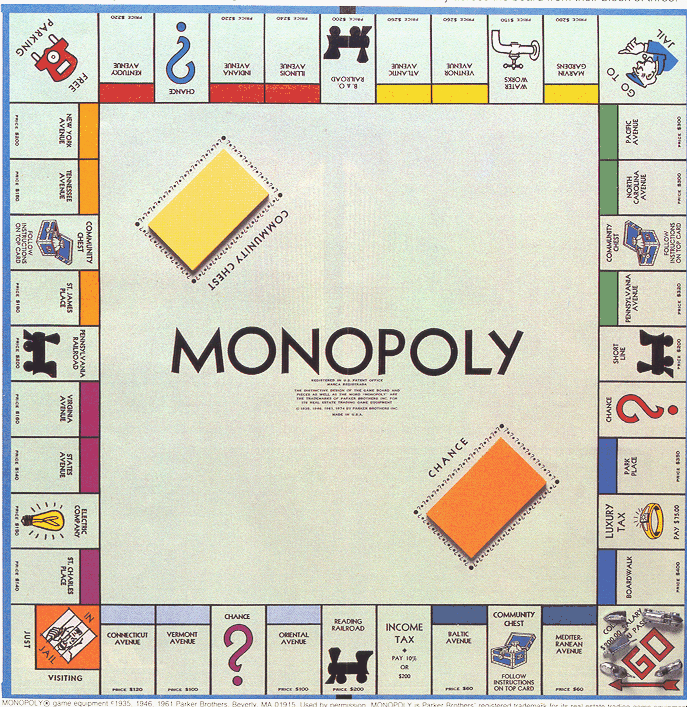
Simon explained that Atlantic City had anti-discrimination laws at the time, but they weren't enforced.

'It would take countless demonstrations and protests and a long struggle by the city's Black residents to secure their civil rights, but the Monopoly board records a world of ubiquitous racism.' 'Around the time that Monopoly was taking hold in Atlantic City, ballots there were marked "W" for white voters and "C" for "colored" voters,' Pilon wrote, citing a conversation with Bryant Simon, a history professor at Temple University. And that discrimination, she contended, was encapsulated in Raiford's game. Pilon (pictured) explained the hidden history of Monopoly in her 2015 book The MonopolistsĬiting authors and historians, Pilon said that migrants arriving in the city quickly learned that discrimination was just as prevalent there as it was where they came from. 'And in Atlantic City, as in so much of the rest of the United States, that hierarchy reflects a bitter legacy of racism and residential segregation.' 'Raiford affixed prices to the properties on his board to reflect the actual real-estate hierarchy at the time,' Pilon wrote.

In her essay Pilon asserted that the most common American version of the game today was created in the 1930s by a realtor named Jesse Raiford, who modeled his board after his hometown of Atlantic City. It quickly spread across the country, where it was adapted into several different versions. Monopoly, which is produced and sold around the world by Hasbro, was derived from a real estate game that a woman named Lizzie Magie patented in the US in 1904. Mary Pilon, who wrote her book The Monopolists about the hidden history of the beloved board game in 2015, argued that it's property values 'reflect a legacy of racism and inequality' in an essay published in The Atlantic on Monday.

The original Monopoly board game was inspired by segregated Atlantic City in the 1930s with property prices reflecting deep racial disparities between white and black residents, an author has claimed.


 0 kommentar(er)
0 kommentar(er)
